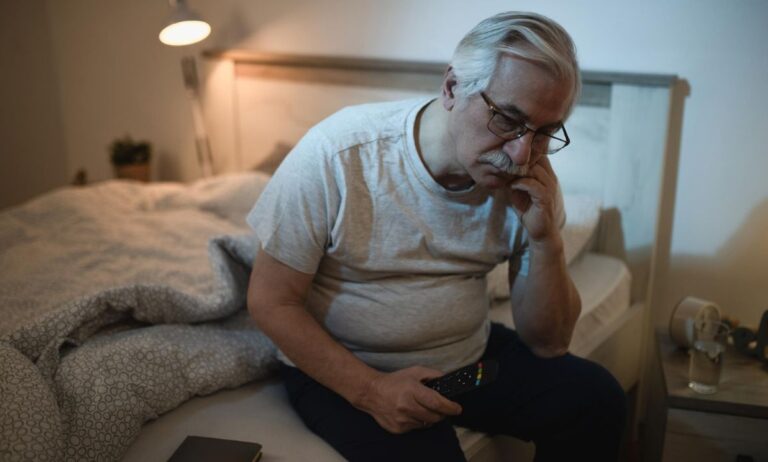Parkinson’s and Fatigue: Why You’re Tired and How Therapy Can Help
Feeling constantly tired is one of the most frustrating and misunderstood symptoms of Parkinson’s disease. While tremors, stiffness, and slow movement often get the spotlight, fatigue affects nearly half of all people living with Parkinson’s—and it can be just as limiting.
The good news: fatigue doesn’t have to control your life. With the right therapies and lifestyle changes, you can improve energy, function, and confidence.
Why Does Parkinson’s Cause Fatigue?
Fatigue in Parkinson’s isn’t just being “a little tired.” It’s a persistent, overwhelming sense of exhaustion that doesn’t always improve with rest. Several factors contribute:
- Neurological changes: Parkinson’s alters brain chemistry, impacting dopamine and other neurotransmitters that regulate energy.
- Medication side effects: Common Parkinson’s medications may cause drowsiness or fatigue.
- Sleep disturbances: Issues like insomnia, restless legs, or REM sleep disorder are more common in Parkinson’s.
- Muscle effort: Rigidity and slowness make even simple tasks more exhausting.
- Mood changes: Depression and anxiety—both linked to Parkinson’s—can worsen fatigue.
👉 For more detail, see the Michael J. Fox Foundation’s overview on Parkinson’s fatigue.
How Therapy Can Help Manage Parkinson’s Fatigue
At Synaptic Rehab, we take a whole-body approach to fatigue management. Here’s how:
1. Physical Therapy
Targeted exercise improves circulation, endurance, and strength—making everyday tasks less tiring. Our Parkinson’s Disease Treatment programs use techniques like LSVT BIG® to help patients move more efficiently.
2. Occupational Therapy
An occupational therapist teaches energy-conservation strategies like pacing activities, reorganizing your home, and using adaptive tools—so you use less energy for the same tasks.
3. Exercise Classes
Group-based movement classes provide safe, structured activity while boosting motivation and mood. Learn more about our Parkinson’s Disease Exercise Classes.
4. Support & Counseling
Fatigue can be worsened by stress or isolation. Our Parkinson’s Support Group in NJ offers a place to share, learn, and connect.
5. Medical Collaboration
We work closely with neurologists and physicians to ensure medication management supports—not hinders—your energy levels.
Practical Tips for Reducing Parkinson’s Fatigue
- Prioritize rest: Take scheduled breaks before exhaustion sets in.
- Stay active: Even light daily movement helps reduce overall fatigue.
- Maintain good sleep hygiene: Consistent routines, dark rooms, and reduced screen time at night help improve sleep quality.
- Eat well and hydrate: Balanced nutrition supports energy. (See Parkinson’s Foundation Nutrition Tips for more.)
- Seek help early: The sooner you address fatigue, the easier it is to manage.
Take the First Step Toward Better Energy
Fatigue doesn’t have to define your Parkinson’s journey. At Synaptic Rehab, our Parkinson’s Wellness Center in Bridgewater, NJ provides the therapies, education, and support needed to improve your energy and independence.
📍 Visit us at: 1200 Route 22 East, Suite 4, Bridgewater, NJ 08807
📞 Call: 908-801-6425
Steven Cheung, DPT
Steven is the founder and lead physical therapist at SYNAPTIC Rehabilitation. He earned a BS in Exercise Science Applied Kinesiology from Rutgers University in New Brunswick, NJ and his Doctorate degree from American International College in Springfield, MA. Steven specializes in movement disorders such as Parkinson’s disease and many other neurological disorders. Outside of practicing physical therapy Steven enjoys time with his wife, running, and staying active.

